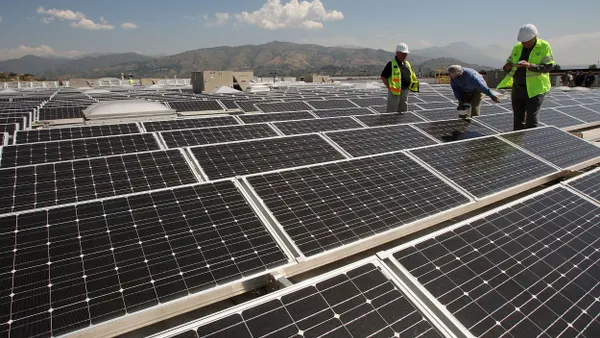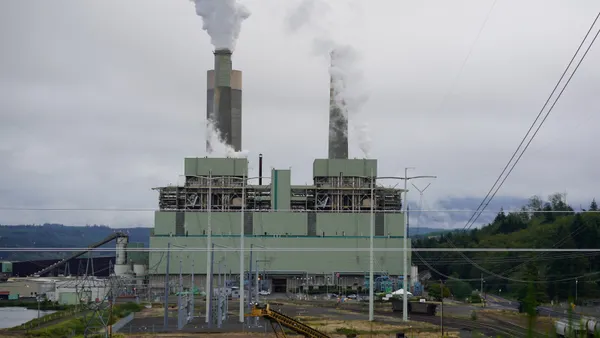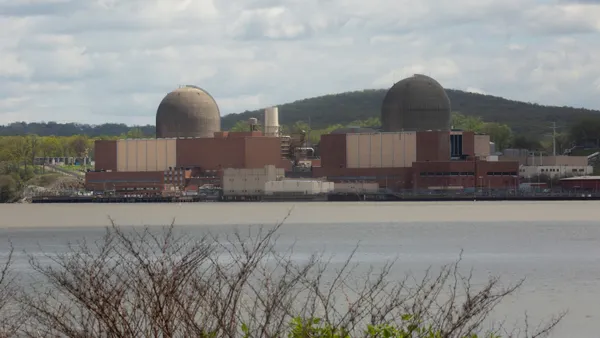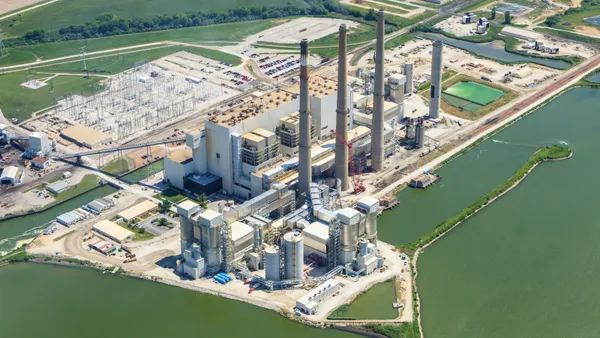Dive Brief:
- "It doesn't serve anybody if the utilities are caught in a death spiral," Becky Stanfield, deputy director for policy in the Midwest Region for the National Resources Defense Council (NRDC), told an audience at the University of Chicago Law School this week.
- The utility death spiral is "not a situation that is tolerable for the utility or its customers or for the environment,” Stanfield said. “We don’t really see a scenario where the grid becomes irrelevant. Maybe there are some organizations out there that think people are going to do distributed generation and boom, leave the grid. That’s really not happening. The vast majority of people who are doing distributed generation are still grid connected, including me.”
- Stanfield identified the current utility regulatory model -- in which revenue is based on kWh sales --as a big part of the death spiral problem. The NRDC has spent "more than three decades" coming up with new ways to regulate utilities, Stanfield observed, but "now we find there is a lot of interest in the utility sector itself in finding solutions to this problem, some of which may be driven by the increased penetration of distributed generation.”
Dive Insight:
The utility death spiral never seems to get old, does it?
As prices come down, the economics of rooftop solar become increasingly attractive to high-volume and high-income customers. The utility's ratebase shrinks, but its costs remain the same. Utilities will spread these costs across the shrinking ratebase, which is increasingly made up of lower-income customers. But this will only serve to make rooftop solar even more attractive. It's a self-reinforcing cycle that, at its worst, could spell the end of the centralized power grid.
The imminently affordable combination of solar and storage -- a recent Rocky Mountain Institute report found that solar-plus-storage is approaching grid parity in many part of the U.S. -- is likely to further fuel utilities' desire to revise their regulatory models.
“Cultural change at ComEd and at all utilities right now is transformative,” Tom O’Neill, SVP of Regulatory and Energy Policy and General Counsel at ComEd, told the audience. “It is upheaval like tectonic plates shifting. We have a 100-year-old company using 100-year-old technology, and I’m not really exaggerating that much. If you want to go to some vaults downtown I can show you some stuff that Tom Edison would recognize and maybe even that he put in.”














